“During the economic crisis, which is becoming more acute every day due to the war, truly independent media will not be able to survive for long without help from outside,” said Deputy Editor-in-Chief of the Pohliad newspaper, Anatolii Isak. This issue, along with ways to optimize personal financial efforts, became a topic of discussion at the office of the Unified Western Ukrainian Journalists’ Solidarity Center (JSC) during the training titled “Increasing Stability of the Media and Preserving the Audience in Conditions of Critical Financial Existence.”
Heads of local media, journalists, and students from the Department of Journalism at Yuriy Fedkovych Chernivtsi National University participated in a discussion of extremely pressing issues that local media increasingly face: whether to continue publication or close. The speaker of the training / Honored Journalist of Ukraine / deputy editor-in-chief of the Pohliad newspaper, Anatolii Isak, focused on important components of editorial management in order to at least try to save independent media.
In the current conditions, Ukraine’s media, which have been defending themselves against the occupiers for four years, see issues of press freedom as extremely acute. The suspension of the publication of independent newspapers, FM broadcasting, and TV channels remains in effect. Independent information platforms that are not dependent on authorities or political forces are becoming increasingly rare.
“Targeted financial and technical assistance would probably help to preserve independent Ukrainian media as an important institution of democracy during the war. It should not be accompanied by direct political or commercial influence on the content,” says the expert. “These can be both internal and external targeted grants or charity projects that will contribute to the restoration of independent media in financial terms.”
By including such programs in your own financial efforts, you can direct funds to:
- repayment of debt that exists in all newsrooms;
- technical upgrades;
- training of editorial staff;
- development of your own digital platforms;
- decent remuneration for media workers.
It is precisely in the development of the digital component of newsrooms, the introduction of the latest technologies, and increasing the efficiency of management and advertising departments that you should first “pour” investments/grants/scholarships into the founders of traditional media.
Of course, security issues in the context of war with the russian occupiers take priority over all others. But to preserve independent media in Ukraine, it is vital that all initiatives to regulate the media sphere take into account not only political and social, but also economic needs.
“A number of officials of various ranks, from high to low, consider independent media to be business structures that hinder their existence. And ten years of war have taught them nothing. That is why we are “keeping abreast” in the information war against the enemy,” concludes Anatolii Isak.
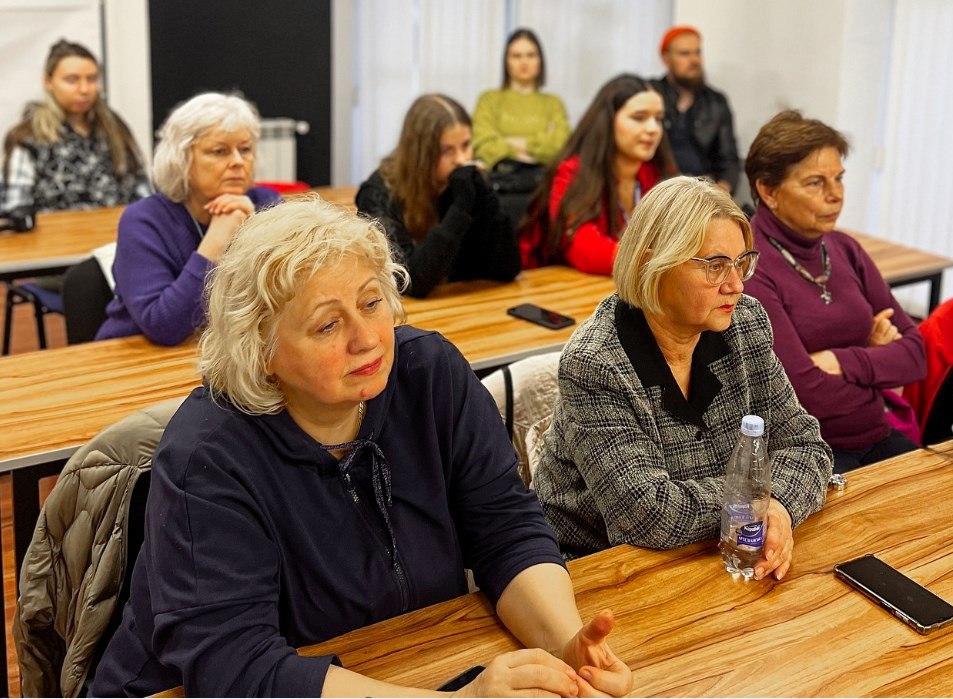
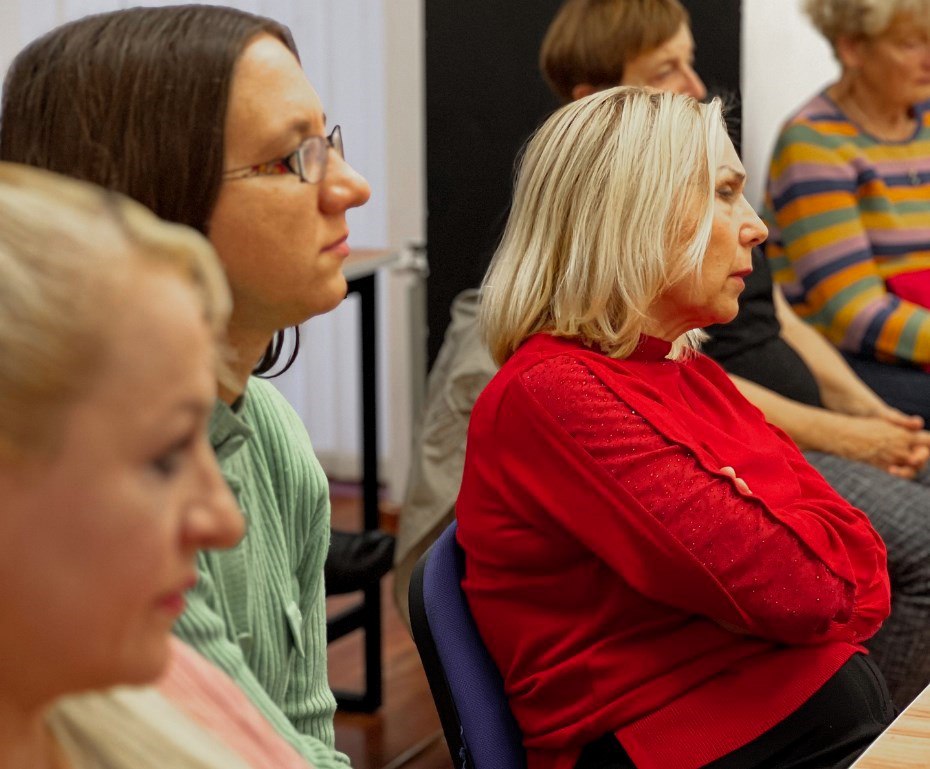
The network of Journalists’ Solidarity Centers is an initiative of the National Union of Journalists of Ukraine, implemented in collaboration with the International and European Federations of Journalists and UNESCO and with the support of the People of Japan. Our primary goal is to assist media professionals working in Ukraine during the war. The Centers are active in Kyiv, Kharkiv, Zaporizhzhia, Dnipro, Lviv, and Ivano-Frankivsk. The project is part of UNESCO’s broader efforts to support the Safety of Journalists and Freedom of Expression in Ukraine.
Contact the Unified Western Ukrainian JSC Lviv-Chernivtsi at 097 907 9702 (Nataliya Voitovych, the coordinator of the Lviv JSC, Volodymyr Bober – assistant). The Center’s address is 5 Solomiya Krushelnytska Street.
Chernivtsi office of the Unified Western Ukrainian JSC

 THE NATIONAL UNION OF
JOURNALISTS OF UKRAINE
THE NATIONAL UNION OF
JOURNALISTS OF UKRAINE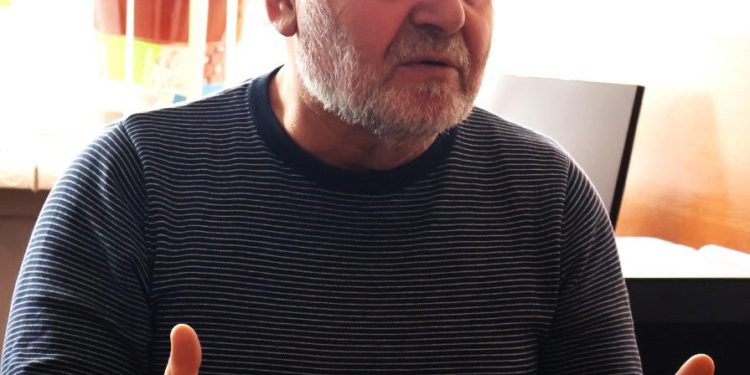
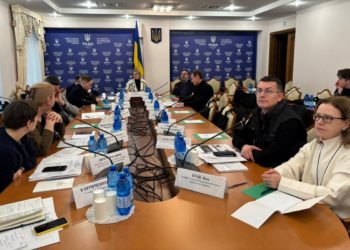
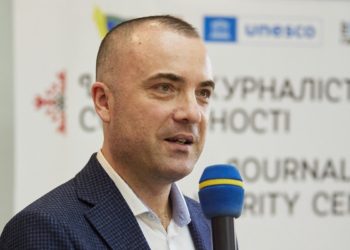














Discussion about this post